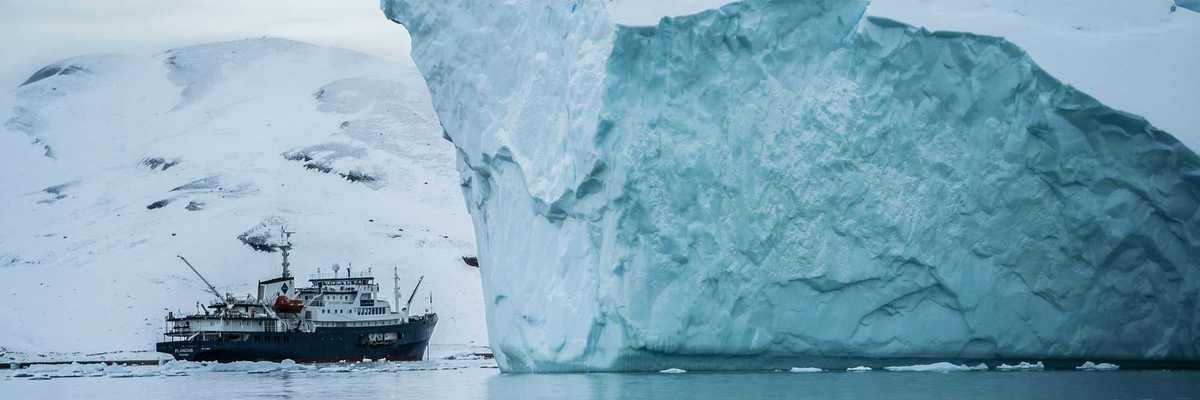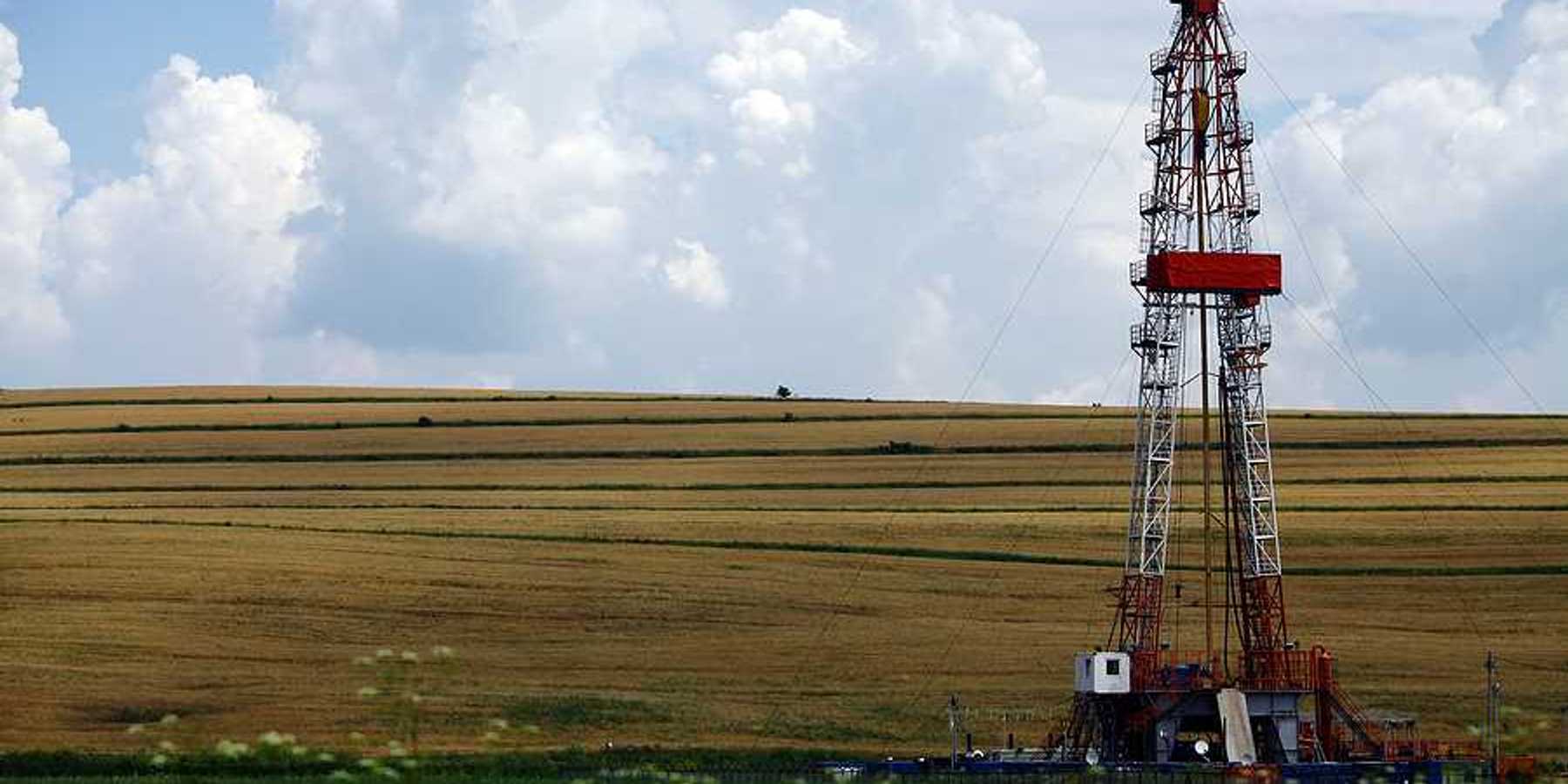forests
Forests struggle to absorb carbon due to extreme heat and wildfires
Last year's extreme heat, droughts and wildfires weakened forests' ability to absorb carbon dioxide, raising climate change concerns, a new study reveals.
In short:
- Earth’s land lost significant carbon absorption capacity in 2023 due to high temperatures and severe wildfires.
- Preliminary research indicates a troubling trend that could complicate climate change mitigation efforts.
- Northern forests may struggle to recover their carbon-absorbing abilities compared to tropical rainforests.
Key quote:
“We expect the land sink to slow eventually, but I hoped it wouldn’t happen so soon. If it slows this early, we’re in trouble.”
— Rob Jackson, a climate scientist at Stanford and author of the book “Into the Clear Blue Sky
Why this matters:
Forests act as vital carbon sinks, reducing the amount of CO2 in the atmosphere. Their diminished capacity to absorb carbon could accelerate global warming, making climate change harder to combat.
Forest microbiome study aims to boost tree resilience to climate stressors
Researchers at the University of Idaho received a $15 million grant to explore how forest microorganisms can help trees withstand drought and wildfires.
In short:
- The EMBER project studies how microorganisms in Idaho forests respond to stress, aiming to improve forest management and resilience.
- The research focuses on coniferous trees and involves simulating drought and wildfire conditions to identify beneficial microorganisms.
- The project combines expertise from multiple scientific disciplines and integrates Indigenous forest management practices.
Key quote:
"We really didn’t have that engaged molecular and microbiology team before."
— Tara Hudiburg, principal investigator and professor at the University of Idaho
Why this matters:
Understanding the role of microorganisms can help forest managers maintain healthier forests amid climate change, reducing the impact of droughts and wildfires. This research also bridges modern science and traditional knowledge, fostering innovative forest management practices.
Wildfires affect soil and release more carbon and toxics, study finds
A recent study reveals wildfires alter soil composition, leading to increased carbon dioxide and toxic release.
In short:
- The study highlights how black carbon from wildfires does not sequester carbon dioxide as effectively as hoped, speeding up its conversion back to CO2.
- Research shows wildfires double the soil levels of harmful polycyclic aromatic hydrocarbons, obstructing plant regrowth.
- Findings suggest wildfires convert metals into toxic forms, contaminating water supplies and hindering ecological recovery.
Key quote:
"Carbon that’s gone through forest fires and becomes black carbon can actually turn more readily into carbon dioxide by microbes than previously thought."
— Scott Fendorf, professor, Stanford University’s Doerr School of Sustainability
Why this matters:
When wildfires rage through an area, the intense heat incinerates vegetation and organic matter that are crucial for healthy soil. This loss not only depletes the soil of nutrients but also reduces its ability to store carbon, leading to increased levels of carbon dioxide—a greenhouse gas that contributes to global warming—released back into the atmosphere. In addition, the structure of the soil changes, becoming more compact and less able to absorb water. This leads to greater runoff during rainfalls and can also cause harmful substances like heavy metals to be more easily washed into rivers and streams, affecting water quality and aquatic life.
Forests versus cattle: which is more profitable for the Amazon?
A recent shift in the Amazon rainforest could see trees outcompeting cattle ranching as a more profitable use of land, thanks to the burgeoning carbon credit market.
In short:
- Companies like Re.green are buying large tracts of Amazonian land for forest restoration, aiming to sell carbon credits rather than engage in traditional cattle ranching.
- This new approach involves planting native trees on degraded pastures and maintaining them permanently to store carbon.
- Skeptics exist, especially among local ranchers, but the worsening effects of climate change might push more to consider this alternative.
Key quote:
“We are killing pasture that a lot of farmers need."
— Josias Araújo, a former cowboy who now works in reforestation
Why this matters:
The transformation of degraded pastures into forested land represents a potential shift in economic priorities from cattle to carbon credits and serves as an important strategy in combating climate change. Protecting and restoring the Amazon could provide significant ecological and economic benefits, encouraging sustainable practices that could extend beyond local communities to global markets.
Indonesia's new president faces scrutiny over potential environmental impacts
Amid concerns of intensified deforestation, Prabowo Subianto's election as Indonesia's president raises environmental alarms as he proposes expanding nickel mining for economic growth.
In short:
- Prabowo Subianto, a former military figure, was elected with plans to boost economic growth through increased mining and industrial development, despite potential environmental costs.
- Indonesia, a major nickel producer for electric vehicle batteries, faces ecological threats as mining expands into rainforest areas.
- Environmentalists express concerns over Prabowo's historical environmental and human rights record, fearing increased deforestation and ecological degradation.
Key quote:
“By processing our natural resources domestically, I’m optimistic that we would be able to witness double-digit economic growth.”
— Prabowo Subianto, President-elect of Indonesia
Why this matters:
Prabowo’s push to expand nickel mining operations taps into global demand for clean energy technologies but raises serious environmental issues. The extraction and processing of nickel are energy-intensive and can lead to severe environmental degradation, including deforestation, soil erosion, and contamination of water sources with acids and metals. The ecological fallout could affect not only local biodiversity but also the livelihoods of communities dependent on natural resources.
As nations worldwide strive to combat climate change by transitioning to renewable energy, they find themselves grappling with how to avoid repeating the mistakes of 150 years of fossil fuel production.
Investing in nature's intrinsic value
Imagine a market where nature's preservation, not destruction, is profitable.
In short:
- "Natural asset companies" propose valuing ecosystems for their preservation, potentially transforming them into profitable investments.
- The concept, though facing opposition, aims to integrate nature's value into the market, beyond traditional philanthropy and government efforts.
- This innovative approach has garnered interest from environmentalists, investors, and philanthropists, despite regulatory and ideological challenges.
Key quote:
"All of these things, if you think about it, are social agreements to a degree. And the beauty of a financial system is between a willing buyer and seller, the underlying becomes true."
— Douglas Eger, founder of Intrinsic Exchange Group
Why this matters:
This idea represents a novel approach that could significantly impact health outcomes by fostering ecosystems that clean air and water, crucial for public health. This concept, blending environmentalism with market mechanisms, could redefine conservation strategies on a global scale.
Eastern US forests show remarkable cooling effect, study reveals
A new study highlights the significant role of reforestation in the eastern United States in mitigating climate crisis-induced temperature rises.
In short:
- The eastern U.S. has experienced a "warming hole" where temperatures have stabilized or decreased, contrary to global trends.
- Reforestation in this region, covering an area larger than England, has been a key factor in this localized cooling effect.
- The cooling is primarily due to trees' transpiration process, which releases water vapor into the air, reducing surrounding temperatures.
Key quote:
"Nature-based climate solutions like tree planting won’t get us out of this climate change problem."
— Mallory Barnes, an environmental scientist at Indiana University
Why this matters:
This study underscores the power of reforestation in combating climate change, particularly in urban areas facing extreme heat. It's a vital reminder that alongside reducing emissions, nature-based solutions like tree planting play a crucial role in our overall climate strategy.
Researchers say "proforestation" policies are the fastest and most effective way to draw excess CO2 out of the atmosphere.









